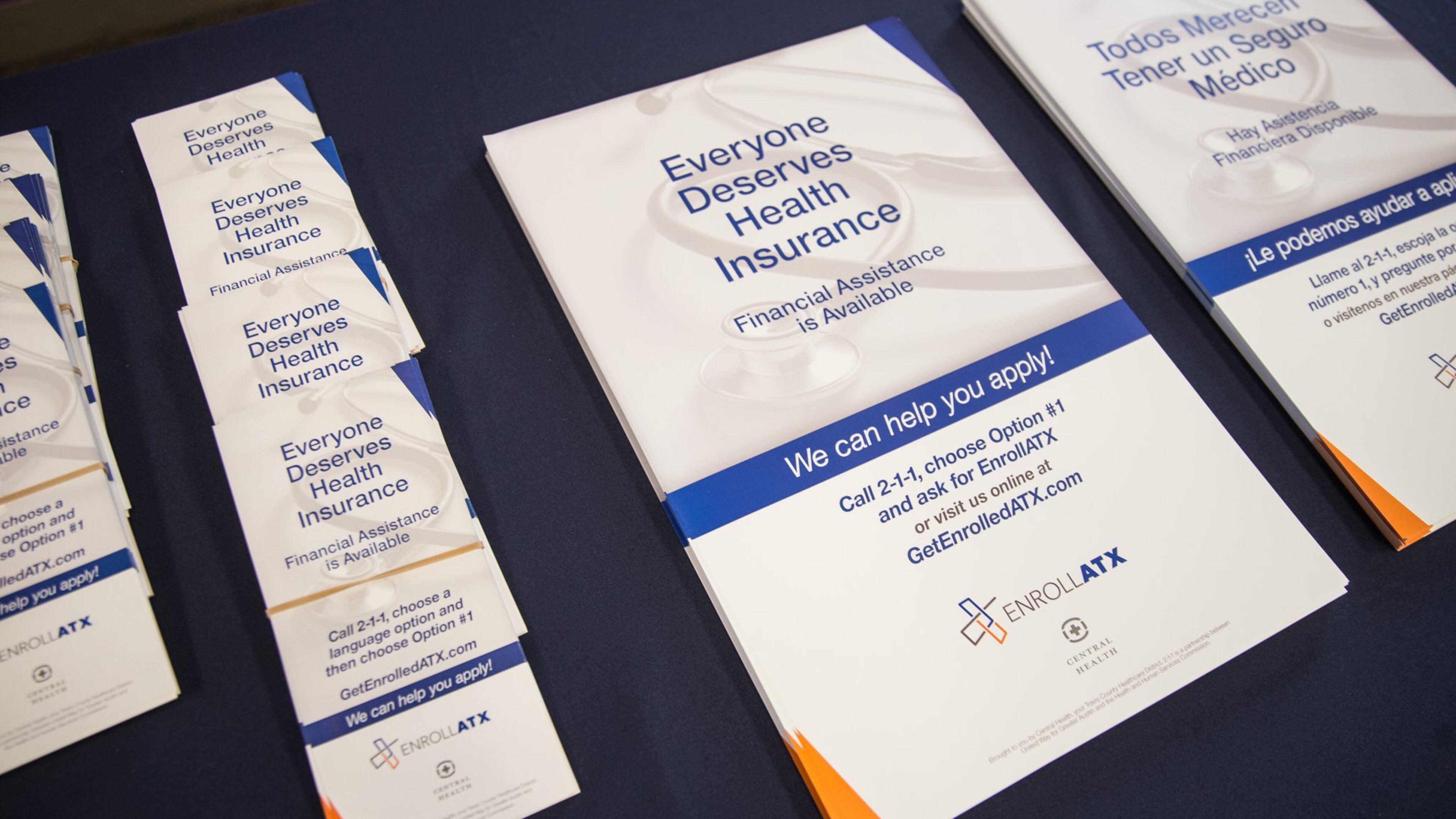Georgia joins suit challenging Obamacare again

State Attorney General Chris Carr has entered Georgia as one of 20 states in a lawsuit led by Texas and Wisconsin alleging that the Affordable Care Act is unconstitutional.
The ACA, also known as Obamacare, has been challenged in court numerous times by states where Republicans are the dominating party. The highest-profile challenge failed in the U.S. Supreme Court when Chief Justice John Roberts sided with a majority saying the individual mandate requiring every American to have health insurance was in fact constitutional.
The mandate survived as a tax because Congress has the power to tax. But the lawsuit claims that now that the GOP-led Congress has repealed the part of the individual mandate that threatens a tax penalty, the law is unconstitutional.
The lawsuit, filed in the federal court in the Northern District of Texas, calls the ACA an “irrational regime” forced on states and citizens.
Carr, who was appointed by Gov. Nathan Deal and is now campaigning as a Republican for the office for the first time, said in a statement, “Our office has pushed back against this overt form of federal overreach from the beginning.”
It is unclear what the immediate effects of repealing the individual mandate will be in Georgia. Nationwide, analysts have said more than 10 million Americans are likely to be uninsured as a result and nonprofit hospitals will suffer from more unpaid bills.



